Do You Hear Strange Noises? What Your Furnace Is Trying to Tell You
A well-functioning furnace should operate quietly, and deliver warmth and comfort to your home. However, if you hear unusual sounds like popping, banging, squealing, or humming, your furnace could signal a problem. Understanding these sounds and what they mean is essential, as they might indicate underlying issues that could impact your heating system’s efficiency, safety, and even lifespan.
In this article, you’ll learn about common furnace noises, the reason behind them, and how to troubleshoot with the help of professional HVAC technicians.
Types of Furnace Noises and Their Meanings
Here is the type of noise you may experience while operating a furnace. Let’s learn about the noise types and their meaning:
Popping Noise
A popping sound often occurs when the metal ducts expand and contract due to temperature changes as the furnace cycles on and off. However, normal popping sounds are considered usual, popping starts to appear frequently or loudly, which signifies a problem, and timely attention can save from costly repairs.
Loud Banging
Loud bangs can be startling and are often a warning sign of delayed ignition in your furnace’s burners. It could be caused by gas buildup or when it finally ignites. Once the loud banging sound exceeds the bearing level, do not ignore the sign; it could damage the heat exchanger or emit carbon monoxide.
Squealing Noise
Squealing noise usually indicates a problem with a blower motor belt or bearings that are worn out. Due to continuous use, the belt can fray or loosen, which creates a squealing sound. You can resolve this issue if you’re able to catch up at an initial stage.
Humming
A low hum is generally a normal sound for most furnaces. Still, if it grows louder over time, it could signal a problem with the blower motor or transformer—a consistent loud furnace humming sound caused by motor or electrical problems.
Potential Issues Behind Each Sound
In the above section, we disclose the common noise cause. In this section, you’ll learn about the issue behind each sound:
- Loose Components: Over time, the screws and bolts of the furnace start to loosen and lead to creating a rattling sound. Do regular maintenance and tighten up the loose components.
- Airflow Obstructions: Clogged filters or blocked vents restrict airflow, and the furnace has to work harder to distribute air, which causes unusual noises.
- Ignition Problems: Faulty igniters or burners can lead to delayed ignition and create loud noise. If the issue becomes unavoidable, total furnace replacement is the only solution to achieve the desired indoor comfort.
- Worn-out Components: If the furnace exceeds its operation life, the blower motor and heat exchanger start to wear out and create strange noise that attracts our attention toward the problem.
Safety Concerns
While some furnace noises are harmless and timely taking action secures you from costly repair. Some noises could lead to safety hazards, including:
- Loud Banging: A loud banging noise, especially when accompanied by a strong gas odor, could indicate a gas leak. Never ignore a gas leak.
- Carbon Monoxide: A faulty furnace can produce carbon monoxide, a deadly gas. Headache, dizziness, nausea, and fatigue are caused by exposure to harmful gases. If you suspect carbon monoxide poisoning, seek professional attention right away!
Basic Troubleshooting Tips
Before calling HVAC technicians, you can troubleshoot basic noise problems yourself. Follow these simple steps:
- If the noise is caused by a clogged filter, try to change and install the new filter.
- Do inspect the furnace regularly and tighten the loosened parts with a screw if needed.
- Remove the obstruction around the area of the furnace.
- Clean dust and debris from vents and ducts.
When to Seek Professional Help
If after doing basic troubleshooting steps to solve the noise problem, the problem exists and no changes occur. It’s a sign of serious concern and indicates that only a professional furnace repair service can solve the issue. It’s best to call HVAC technicians and let them handle the furnace noise problem with efficiency.
They are well-equipped and skilled to handle complex problems. If you need a complex repair or a complete replacement, you must contact a technician.
Conclusion
Your furnace noises are its way of telling you something is wrong. Whether it’s a loud bang, a persistent squeal, or a hum that grows louder with each passing day, ignorance could lead to safety hazards. If the basic troubleshooting tips don’t work, then you must seek professional assistance to handle them efficiently. Contact us and get repair and maintenance service right away!
FAQs
What makes the furnace create a loud banging noise?
A loud bang often indicates a delayed ignition in the furnace burners, causing gas to build up and ignite suddenly. You should seek professional assistance to solve the issue right away.
What to do if the furnace makes a squealing noise?
Squealing usually results from worn or loose belts or bearings in the blower motor. To prevent motor failure problems, solve them right away.
Can I fix strange furnace noises myself?
You can troubleshoot noise problems by yourself by following the steps, including changing filters, tightening up loose parts, or cleaning clogged filters.
When to contact a furnace repair service?
If banging, squealing, or popping noise still exists after doing regular maintenance, you should seek professional repair services to avoid costly repairs.
Are furnace noises dangerous?
Certain noises, such as banging or gas hissing sounds, can indicate serious risks like gas leaks or carbon monoxide exposure, and they should be fixed without wasting time.



